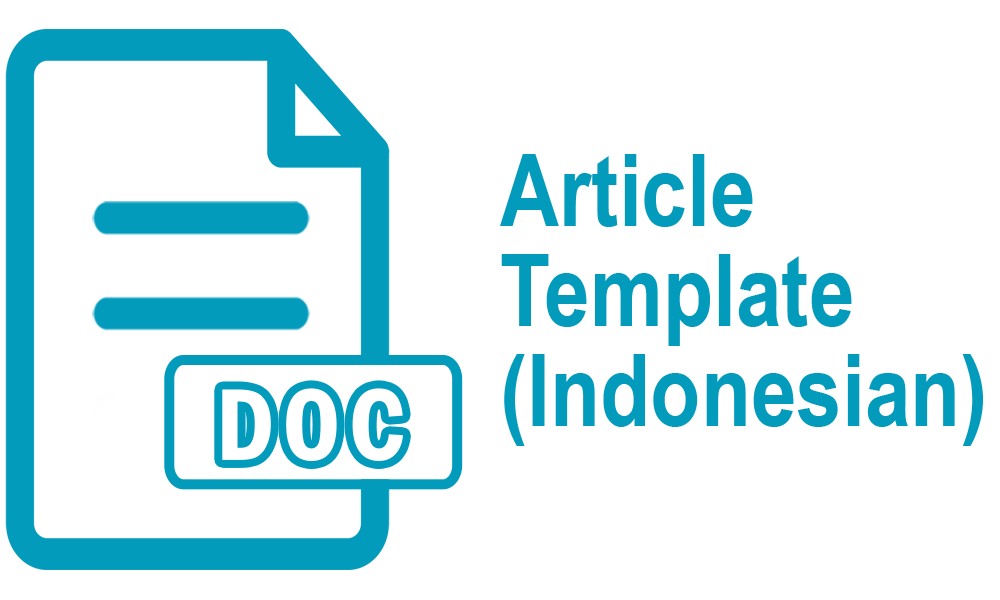THE CHANGE OF SASHI’S SOCIAL IDENTITY IN ENGLISH VINGLISH MOVIE (2012)
Abstract
English Vinglish (2012) is an Indian movie inspired from Gauri Shinde’s mother. This movie tells about a woman named Sashi who struggle for her social identity. This problem background encourages the researcher to analyze Sashi’s character and characterization and the change of her social identity. The researcher limits the focus of Sashi’s character and her social life. The researcher uses characterization theory and Social Identity Theory to conduct the analysis. The data are analyzed by using qualitative descriptive method. The findings of this research reveal that: Sashi is the main character in the movie, because she is given much contribution of the story. The characterization is about Sashi’s physical appearance, personality, social status and social relationship. Sashi’s physical appearance is, she is a beautiful woman with beautiful eyes, long black hair and white skin. Her personality shows that she is a patient woman, a loving person, has a high tolerance and a loyal person. Her social status is a woman with low education and not a modern woman. Sashi has relationships with other characters in this movie, good and bad relationships. The analysis about the change of Sashi’s social Identity is divided into two processes: self-categorization and social comparison. The researcher concludes that Sashi changes her social identity from an ordinary housewife who does not know English become well-educated woman who fluent in English. The researcher finds that to change Sashi’s social identity she has to pass self-categorization and social comparison.
Keywords
Full Text:
PDFReferences
Bousfield, D. Impoliteness in Interaction: Pragmatics and Beyond New Series. John Benjamins Publishing Company. 2008. Web. 8 May 2018.
Denzin, Norman. An Introduction to Triangulation. UNAIDS. 14-16. Web. 6 March 2017.
Festinger, L. A Theory of Social Comparison Processes. Human Relation. 1954. Web. 16 May 2019
Hogg, Michael A., and Dominic Abrams. Social Identifications: A social Psychology of Intergroup Relations and Group Processes. New York: Routledge. 2006. Web. 14 August 2018.
Kakarika, Maria. Affective Reactions to Diffeence and their Impact on Discimination and Self-Disclosure at Work: A Social Identity Perspective. Europe’s Journal of Psychology. 2012. Web. 27 June 2018.
Klarer, Mario. An Introduction to Literary Studies.Routledge Taylor and Francis Group.2nd ed. 2005.Web. 17 December 2017.
Lukens, Rebecca J. A Critical Handbook of Children’s Literature. Pearson Education, Inc. 2003. Web. 1 March 2017.
Miles, Matthew B and A. Michael Huberman. Qualitative Data Analysis. Sage Publication. 1994. Web. 16 May 2019.
Rokhmansyah, Alfian. “Perilaku Sosial Tokoh Utama Dalam Novel Pengakuan Pariyem Karya Linus Suryadi.” DIGLOSIA: Jurnal Kajian Bahasa, Sastra, Dan Pengajarannya, vol. 1, no. 1, Feb. 2018, pp. 29–44.
Stets, Jan E, and Peter J. Burke. Identity Theory and Social Identity Theory. 224-237. Web. 5 March 2018.
Tajfel, H., and Turner, J. The Social Psychology of Intergroup Relations. Brooks/Cole. Web.15 June 2019
Turner, John C., et al. Rediscovering the Social Group: A self-Categorization Theory.New York: Basil Blackwell. 1987. Web. 27 June 2018
Vanderstoep, Scott W, and Deirdre D.Johnston. Research Methods for Everyday Life. Jossey Bass. 2009.Web. 16 May 2019.
DOI: http://dx.doi.org/10.30872/jbssb.v4i1.2591
Refbacks
- There are currently no refbacks.
Copyright (c) 2020 Halifah, Surya Sili, Chris Asanti
Editorial address:
Fakultas Ilmu Budaya, Universitas Mulawarman
Jl. Ki Hajar Dewantara, Gunung Kelua, Kec. Samarinda Ulu, Kota Samarinda, Kalimantan Timur, Indonesia 75123
Email: jurnalilmubudaya.fibunmul@gmail.com
Website: http://e-journals.unmul.ac.id/index.php/JBSSB
Ilmu Budaya: Jurnal Bahasa, Sastra, Seni, dan Budaya is licensed under a Creative Commons Attribution-ShareAlike 4.0 International License






